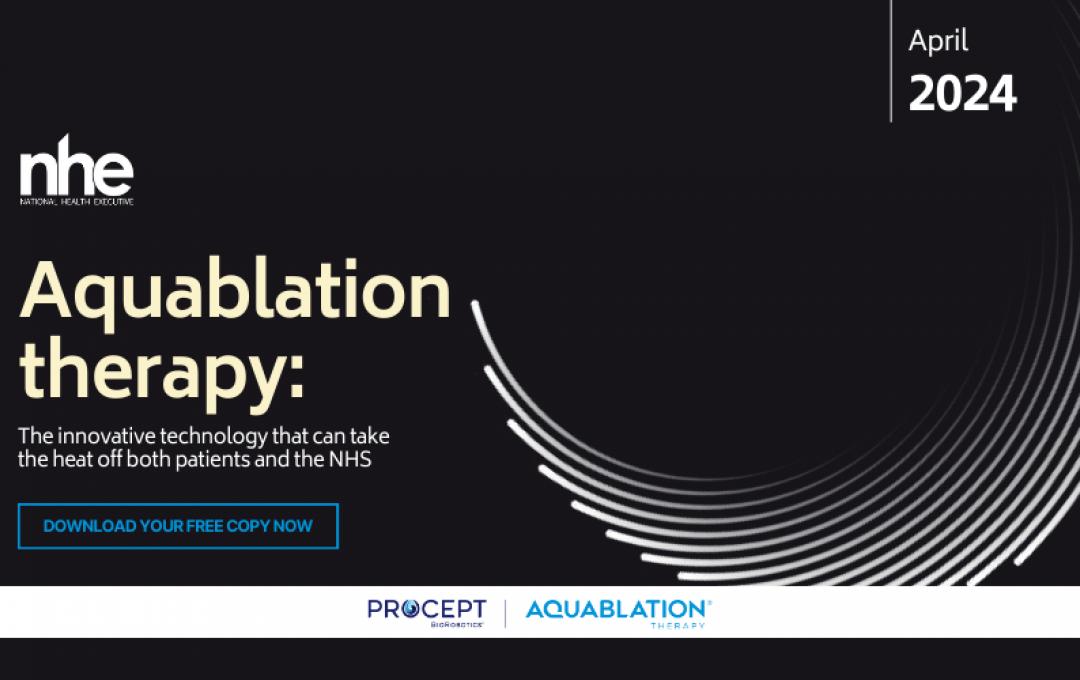Awareness of greenwashing and understanding the Green Claims Code is becoming increasingly important for businesses and consumers alike. To help in this regard, I’ve put together this simple guide and checklist of questions to show how you can see through empty sustainability claims.
But first, let’s establish what a green claim is…
What Is a Green Claim?
A green claim, also known as an environmental or eco-friendly claim, is a statement by a business about how their product, service, process, brand, or the business itself benefits the environment or reduces its negative impact.
These claims can focus on:
Positive impact: Suggesting the product or service actively benefits the environment.
Reduced harm: Highlighting that it’s less damaging than a prior version or competitors.
Specific areas: Emphasising its environmental benefits for air, water, or soil.
Businesses leverage green claims in marketing through various means:
- Statements (direct claims);
- Visual cues (symbols, emblems, logos, images, graphics, colours);
- Brand names (implying eco-friendliness).
This is where the Green Claims Code comes in…
The Green Claims Code has been created by the Competition and Markets Authority (CMA) to help businesses ensure their green claims are genuine and not misleading, and to protect consumers by enabling them to make informed decisions.
How to See Through an Empty Sustainability Claim
For the most part, seeing through an empty sustainability claim boils down to asking the right questions, and in some cases, doing a little digging…
Here are some questions you can ask to help decode green claims and separate genuine efforts from misleading marketing in harmony with the principles of the Green Claims Code:
Claims Must Be Truthful and Accurate
Can I verify this claim myself?
Search online for independent studies or reports on the claim or company’s practices.
Does it sound too good to be true?
Extreme claims often lack nuance and might be exaggerated.
Is there any “disclaimer” text in fine print?
Look for hidden limitations or qualifications that weaken the claim.
Claims Must Be Clear and Unambiguous
What exactly does this “green” term mean?
Words like “natural” or “eco-friendly” are often vague.
Is the claim easy to understand, even for someone without a science background?
Technical jargon might be a red flag.
Could the claim be interpreted in multiple ways?
Unclear wording can be misleading.
Claims Must Not Omit or Hide Important Relevant Information
Does the claim focus only on the positive environmental impact?
Are there any potential downsides they’re not mentioning?
Can I find more details about the product’s environmental footprint?
Check the company website or packaging for specifics.
Comparisons Must Be Fair and Meaningful
Are they comparing this product to similar ones?
Comparing apples to oranges doesn’t tell the whole story.
Do they mention how they’re measuring the environmental benefit?
Vague comparisons are unhelpful.
Is there a clear baseline for the comparison (e.g. industry average)?
Without a benchmark, it’s hard to gauge progress.
Claims Must Consider the Full Life Cycle of the Product or Service
Does the claim focus only on a single stage (e.g. recycled materials) or the product’s entire journey?
Can I find information about the product’s impact beyond purchase (e.g. energy use, disposal)?
Will this product be difficult to recycle or create waste at the end of its life?
Claims Must Be Substantiated
Do they provide any evidence to back up the claim?
Look for scientific data or certifications from reputable organisations.
Can I easily find details about the evidence or certifications?
Transparency is key.
In short:
- Beware of vague statements and marketing tricks.
- Seek proof and certifications.
- Consider the full life cycle beyond purchase.
By asking these targeted questions, you’ll be better equipped to identify genuine green claims and empowered to make informed choices without falling prey to greenwashing tactics.
Remember, a genuine green claim should be clear, comprehensive, and backed up by evidence.
How the Green Claims Code Protects Businesses

The Green Claims Code fosters a marketplace that rewards genuine environmental efforts and protects responsible businesses by preventing misleading claims from being made by companies.
It’s not a tool for companies to use for throwing shots at their competitors and publicly calling them out, but it does put the onus on companies to be crystal clear and put their claims into context backed up with credible supporting evidence.
This creates a level playing field for honest businesses with products and services that have a verifiably lower environmental impact.
It enables businesses (even competitive companies) to improve the accuracy of green claims and educate staff and customers on what truly matters – helping people make informed decisions when looking for a sustainable solution.
When you’re genuinely doing the work and focusing your resources on achieving sustainable outcomes, authentic green claims are easy to make and back up with evidence and context.
I hope you’ve found this guide helpful and that it motivates you to explore the Green Claims Code further or to begin thinking more deeply about the claims being made by the many companies that are now pushing sustainability.
Author:
Guy Wing is a Healthcare Waste Consultant and environmental enthusiast working on behalf of Sharpsmart UK to encourage safety and sustainability throughout the NHS.
Feel free to connect with Guy on LinkedIn - https://info.sharpsmart.co.uk/l/984121/2024-05-28/8x7z6b
Image credit: Sharpsmart UK


















